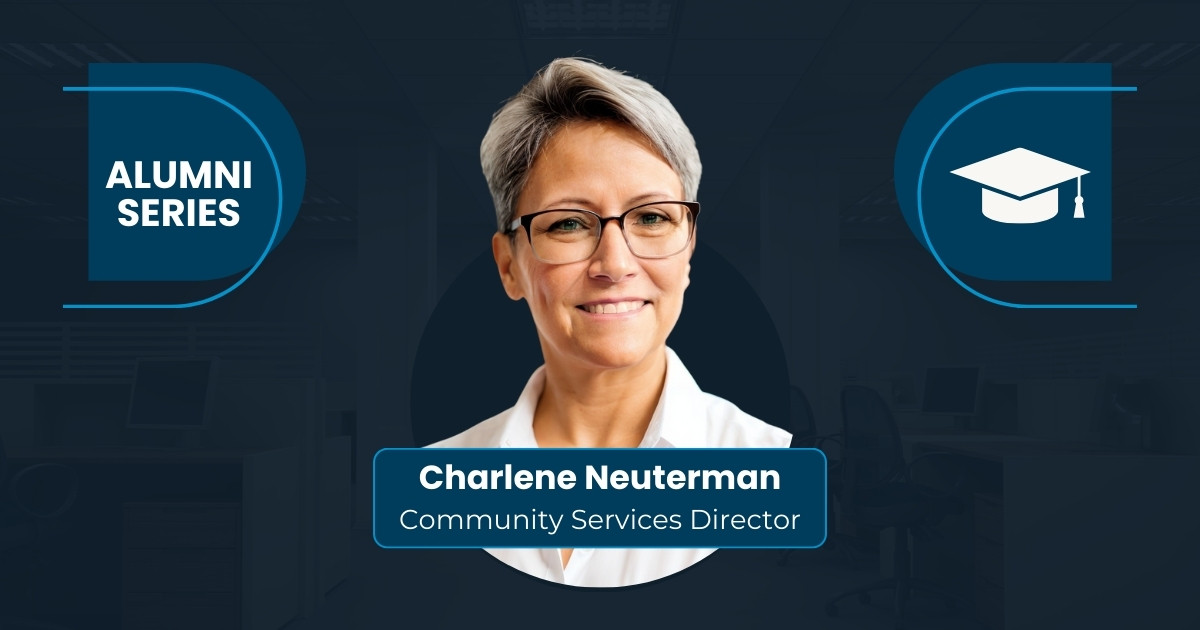It can be scary not knowing what to expect after your senior year of high school. We walked around Eastern Florida State College’s Melbourne Campus and interviewed college students about what advice they’d give new freshmen.
1. Don’t Buy Textbooks Without Doing Research
It’s no secret that college is expensive. Why tack on an extra $600 to buy a book if there are other options? Most students said they wait until the first day of class to see if the textbook is really required. They recommend checking the course syllabus or the welcome email sent out by the professor for information.
Even if the textbook is required, there may be alternative, cheaper ways to access your materials.
- Rent books through your college/university bookstore.
- Check whether your school has a textbook savings option, such as the Titan First Day Ready program at EFSC. Such options aim to reduce the cost of course materials by supplying required items through a flat-rate, per-credit-hour charge in partnership with the school’s official Bookstore.
- Search on eBay or Craigslist for a used copy.
2. The Freshman 15
This is the phenomenon of either losing or gaining 15 pounds due to unhealthy eating habits. Colleges are surrounded by fast food and convenience stores that can be tempting sources of unhealthy food choices.
While it may not affect you now, unhealthy eating habits are hard to break. They can even take a toll on health further down the road. In an unscientific poll taken at EFSC’s Melbourne Campus, 90% of a given student population living on their own had not eaten a single vegetable in the past three days. The same group also reported a sizable increase in weight following their first year of college.
3. Your Professor Isn’t Your Enemy
In my experience, college and university professors are there to help you and in keeping with college policies, may work around health or family complications, such as extending due dates, test/quiz retakes, and other accommodations you may need.
Cultivating professor relationships by taking advantage of options such as drop-in open office hours, is something to keep in mind for success in the classroom. A lot of my peers and coworkers became close friends with some of their professors throughout college, which has helped them with letters of recommendation for post-graduate programs or jobs, and during the employment search process.
4. Take Advantage of Student Services
Nearly half of the students on your typical college campus are most likely unaware of the many free services offered to students. College freshmen: Take this advice and get to know what resources are available!
EFSC offers free tutoring in math, science, humanities, and English courses, as do most institutions. I, along with many notable names around EFSC, Florida Tech, and UCF, would highly recommend taking advantage of these services.
5. The Importance of Studying
In high school you may not need to open a textbook and were still able to pass all your classes — college is quite different. It’s critical to study on a daily and weekly basis in college so you don’t get behind because the material is harder.
With lecture halls for some courses of up to 200+ students, the professor is likely to be unable to have one-on-one time with each student. Most people don’t really love studying, but those who wish to further their academic prowess will continue to practice good study habits.
If you can’t find a place to study, most colleges, including EFSC’s four campuses, offer stellar private spaces away from the distractions, such as study spots in the Library, Computer Labs, or even outside. My advice is: just don’t study in the same place you watch TV!
- High School To College: 5 Things I Wish I’d Known - August 2, 2023
- 3 Skills To Learn Before Living on Your Own - June 7, 2023
- I Failed a Class, Now What? A Student’s Guide for Dealing with Failure in the Classroom - May 10, 2023




